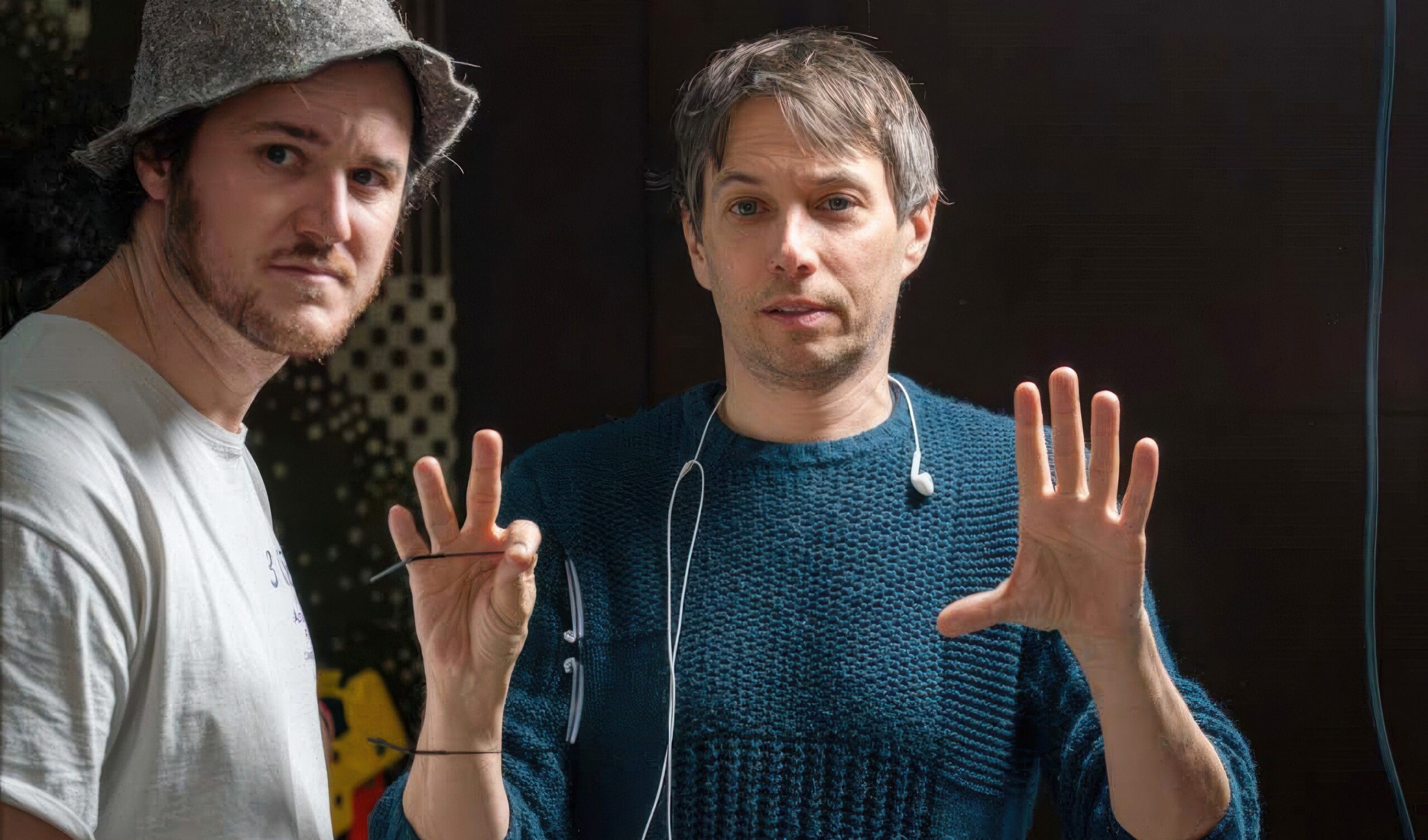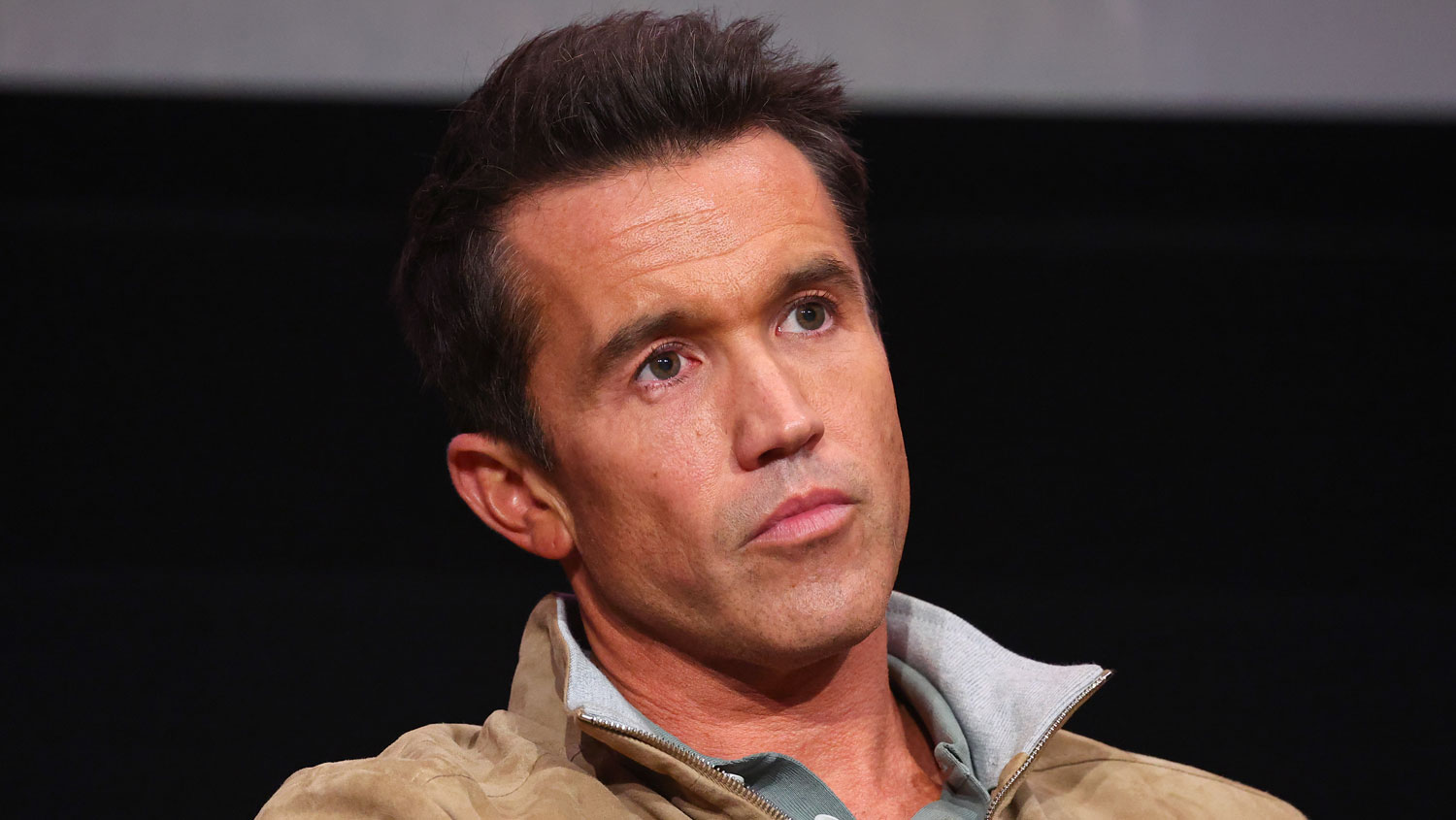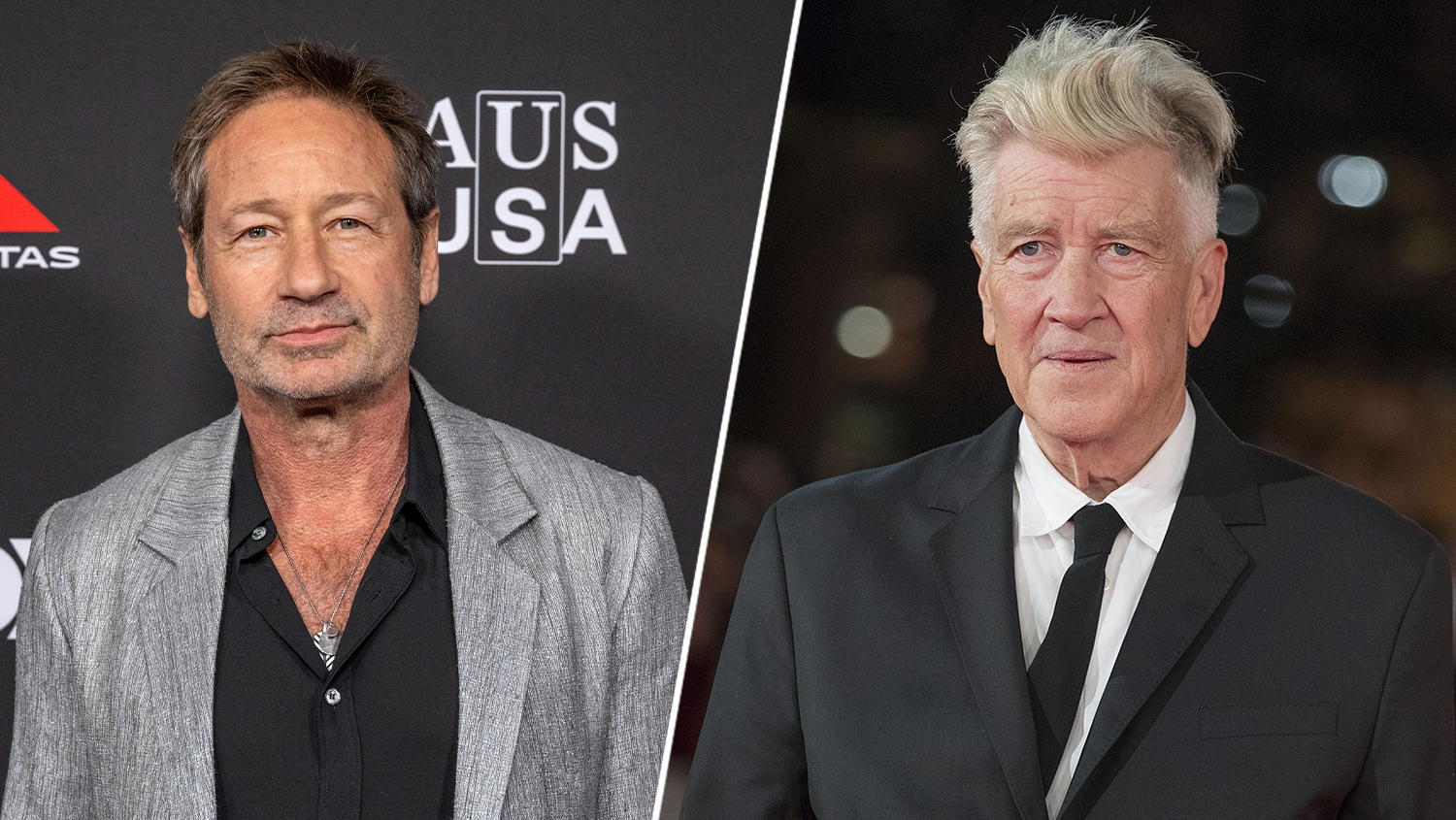
Michael Cohen poses a formidable challenge as a key witness in the hush money trial involving Donald Trump.
Michael Cohen, previously known for his pledge to protect Donald Trump at any cost, has now become a crucial asset for prosecutors in Trump’s hush money trial. While Cohen is anticipated to provide jurors with an insider’s perspective on the core dealings central to the prosecution’s case, his role as a star witness is fraught with challenges.
His complicated relationship with Trump, serving as his personal attorney until becoming entangled in federal investigations, resulted in Cohen’s conviction and imprisonment, though Trump remained unscathed. Scheduled to testify on Monday, Cohen can present himself to the jury as someone who has faced the consequences of his own wrongdoings. However, jurors will also learn that Cohen, now disbarred, not only admitted to lying to Congress and a bank but has recently confessed under oath to further falsehoods.
Additionally, Cohen has adopted a new persona as a vocal Trump critic through various mediums like podcasts, books, and social media. While prosecutors have emphasized Cohen as just one component of their evidence against Trump, arguing that corroboration will come from other sources such as documents and recordings, Trump and his legal team have attacked Cohen’s credibility, labeling him as a dishonest criminal profiting from disparaging his former employer.
Richard Serafini, a former federal and Manhattan prosecutor, highlighted the defense’s strategy to emphasize Cohen’s history of deceit and contentious demeanor, while the prosecution aims to underscore the corroborated nature of his statements and Trump’s own choice in employing him.
LOYALIST TURNED FOE
Cohen’s initial connection with Trump in the early 2000s followed a quintessential New York real estate narrative: Cohen, a member of a condo board in a Trump property, sided with Trump in a dispute between residents and management. This led to Cohen’s integration into Trump’s business sphere.
Though Cohen declined to provide comments for this account, his professional journey encompassed diverse endeavors, ranging from personal injury law to managing a taxi fleet with his father-in-law. Ultimately, he assumed the roles of both a legal counsel for Trump and an unwavering ally.
During his tenure, Cohen engaged in various activities, including negotiation of deals and aggressive tactics such as threatening lawsuits and confronting journalists, all aimed at safeguarding Trump’s reputation. Congressional testimony following his split from Trump in 2018 shed light on these actions. Their relationship fractured after the FBI raided Cohen’s premises, prompting Trump to distance himself from his attorney.

Cohen later admitted to assisting Trump in utilizing the National Enquirer tabloid to promote favorable coverage, undermine opponents, and suppress unsavory allegations about Trump’s personal life through purchases or interventions. Trump has consistently denied the validity of these allegations.
These arrangements, characterized by Manhattan District Attorney Alvin Bragg’s office as a comprehensive strategy to withhold information from voters, are now the focus of Trump’s hush money trial. Facing 34 counts of falsifying business records to obscure reimbursements to Cohen for his payment to Stormy Daniels, who alleged a 2006 affair with Trump, the former president pleads not guilty.
While other witnesses have provided testimony regarding the hush money transactions, Cohen remains pivotal in constructing a case centered on how Trump’s organization compensated him for his involvement in the Daniels affair.
Trump’s defense contends that Cohen’s payments were for legitimate legal services rather than concealment purposes and that the agreements with Daniels and others were lawful.
A WITNESS WITH HISTORY
In criminal trials, witnesses often come with their own complexities, including criminal records, connections to defendants, or prior conflicting statements that could impact their credibility. Michael Cohen, in particular, carries a significant amount of baggage in this regard.
During his testimony, Cohen will need to address his previous denials regarding crucial aspects of the hush money arrangements and persuade the jurors that he is now being entirely truthful. Initially aligned with Trump when the Stormy Daniels affair surfaced, Cohen first told The New York Times that he hadn’t been reimbursed, later admitting to repayment, along with Trump, who had initially denied any knowledge of the payment.
Subsequently, Cohen pleaded guilty to a range of offenses including tax evasion, orchestrating illegal campaign contributions through hush money payments, and lying to Congress about his involvement in a potential Trump real estate project in Moscow. He also admitted to falsifying information on a home equity loan application. Such crimes involving dishonesty provide ample material for cross-examination, as noted by legal expert Richard Serafini.
Moreover, Cohen’s credibility was called into question during his testimony in Trump’s civil fraud trial, where he seemed to backtrack on his earlier admissions. While the trial judge found his testimony credible, a federal judge suggested Cohen may have perjured himself either in court or during his guilty plea.
Since parting ways with Trump, Cohen has publicly confronted his past misdeeds, acknowledging his role in covering up Trump’s actions out of loyalty. However, his sharp criticism of Trump on social media and in his podcast, titled “Mea Culpa,” could be used by Trump’s lawyers to portray Cohen as a biased witness driven by revenge.
Prosecutors must navigate Cohen’s propensity for outspokenness and persuade him to remain forthright and refrain from commentary that could undermine his credibility during the trial. Cohen’s combative personality, as evidenced by testimonies from individuals like a banker and Stormy Daniels’ former lawyer, may not paint him in the best light, but prosecutors could use such instances to subtly distance themselves from him while still utilizing his information.
When Cohen takes the stand, prosecutors may opt to address his troubled past upfront before the defense has the chance to exploit it. Despite his flaws, prosecutors may urge the jury to consider the overall credibility of his testimony in context.










Leave a Reply